Cut and Paste —
The following is an example of the letter I have been using for the Call to Action. I’ve tweaked it a bit to include information on our recent efforts, and I am posting this here so that you may use this letter either as a template or inspiration or example of how to appeal to the various organizations we have listed without starting over on each one. There is nothing wrong with cutting and pasting the whole thing. Your words don’t have to be original, just your voice.
Dear [CONTACT PERSON],
For nearly a decade our nation has focused its attention increasingly on both obesity in the general population and fat children in particular. The health issues correlated with obesity are complicated and deserve a national conversation to figure out how best to address metabolic disorders, such as type 2 diabetes, heart disease, hypertension and high cholesterol.
At the center of any lifestyle-based public health campaign that seeks to address metabolic disorders there should be an emphasis on two goals: 1) encouraging people to eat fresher, more wholesome foods by improving access, affordability and education for better nutritional options and 2) encouraging people to move their bodies, within each individual’s unique limitations, in healthy, enjoyable and, most importantly, sustainable ways.
I support the efforts of any organization that wishes to address these two components.
However, recently a health campaign in Georgia has dredged up a third option; one that we already know will result in lower self-esteem and negative body image, more eating disorders, more fat patients avoiding routine healthcare checkups (PDF) and an increase in the very metabolic disorders they claim to be fighting (PDF).
This third option is stigma.
Dr. Rebecca Puhl, Director of Research and Weight Stigma Initiatives at the Rudd Center for Food Policy & Obesity at Yale University, explains the serious problems associated with using stigma in a public health campaign:
[T]he stigma of obesity has not been addressed as a legitimate concern that requires the attention of those working to combat obesity, and is rarely discussed in the context of public health. In fact, weight stigma has been suggested by some as a method for obesity control The lack of attention to, weight stigma has persisted despite nearly 5 decades of scientific research documenting weight stigma and its consequences for obese individuals.
In spite of the overwhelming research on the negative health effects of stigma, Children’s Healthcare of Atlanta (CHOA) launched the Strong4Life campaign last May with advertisements and billboards such as these:
Rather than addressing the underlying health concerns, CHOA has been mercilessly attacking fat kids for EIGHT MONTHS, despite claims that this was just the first phase of their campaign. They have repeatedly defended their ads as a wake up call to the parents of Georgia, and claim that they aren’t targeting kids.
But make no mistake, the children of Georgia are the targets of this campaign, and the health consequences of stigmatizing fat children is well-documented for children of all sizes.
In response to these ads, we are calling on public health and human services organizations to condemn these ads as harmful to the health of the children of Georgia. We have also begun our own campaign of positive images in support of Georgia’s children. We are also launching another campaign to erect a billboard in Atlanta near one of the Strong4Life billboards. This billboard will seek to reassure fat kids that they do not need to feel ashamed of, or self-loathing toward, their bodies in order to be healthy.
All children, regardless of their weight, should be included in public health campaigns that encourage kids to eat better foods and to get out and play. Singling out fat kids only increases the amount of stigma and shame that they may already feel toward themselves.
We are in the midst of building a coalition of concerned organizations, which currently includes the National Eating Disorders Association, the Binge Eating Disorder Association, the Obesity Action Coalition, and the Academy of Eating Disorders. We are asking you to join us by issuing a public statement condemning the use of stigma and shame in public health campaigns, as well as to ask CHOA to end Phase 1 of their hurtful campaign.
I hope that you will lend us the strength of your voice and the courage of your convictions to bring an end to this terrible campaign. By joining our campaign, you will send a strong message that you support the health of all children and that you oppose negative attacks that target vulnerable kids.
Thank you for your time and I look forward to your response.
Sincerely,
[Your Name Here, Obviously]
Now, get out there and raise some awareness.
UPDATE
To save you time, I am including a list of all the organizations we are emailing, along with the appropriate salutation. Please note that I had to assume the gender identity of those who may use the title of Mr. or Ms.
Dear Ms. Babjak,
pbabjak@eatright.org
Dear Ms. Rhine,
lisbeth@myedin.org
Dear Dr. Collins,
francis.collins@nih.gov
Dear Dr. Insel,
tinsel@mail.nih.gov
Dear Dr. Guttmacher,
guttmach@mail.nih.gov
Dear Dr. Ruffin,
ruffinj@od.nih.gov
Dear Dr. Periago,
director@paho.org
Dear Professor Wright,
wright@ssc.wisc.edu
Dear Professor Amato,
pxa6@psu.edu
Dear Professor Johnson,
sjohnson@apa.org
To Whom it May Concern:
publicinterest@apa.org
To Whom it May Concern:
publicpolicy@arttherapy.org
Dear Dr. Berman,
berman@suicidology.org
Dear Secretary Sebelius,
kathleen.sebelius@hhs.gov
Dear Dr. Lilenfield,
manager@eatingdisorderscoalition.org
laura@feast-ed.org
Dear Ms. Lyster-Mensh,
Dear Ms. Harken,
iaedpmembers@earthlink.net
Dear Mr. Clark,
chris@namedinc.org
Dear Ms. Moran and Ms. Hannaford,
mmoran@kidsterrain.com, rhannaford@kidsterrain.com
Dear Ms. Hackman,
ceo@georgianurses.org


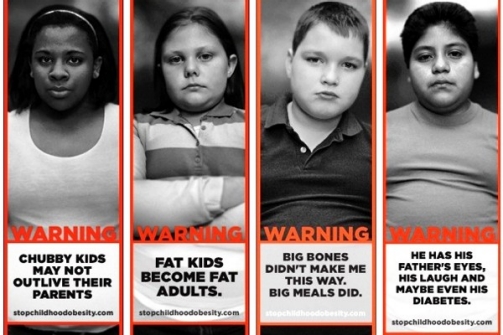



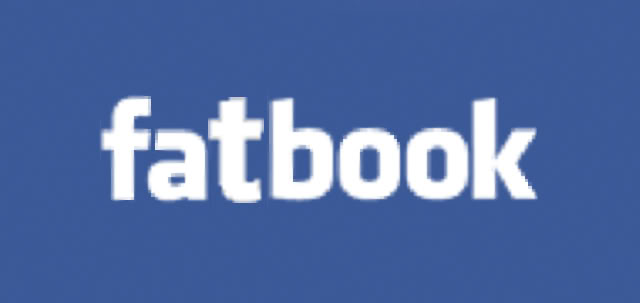


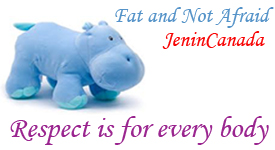


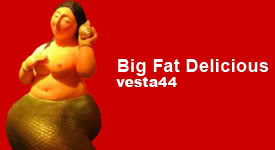




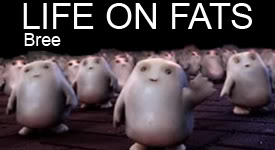



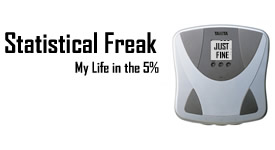


Reblogged this on Everything fat and commented:
Pretty cool-pushing a campaign for positive body image and health rather than fat shaming.